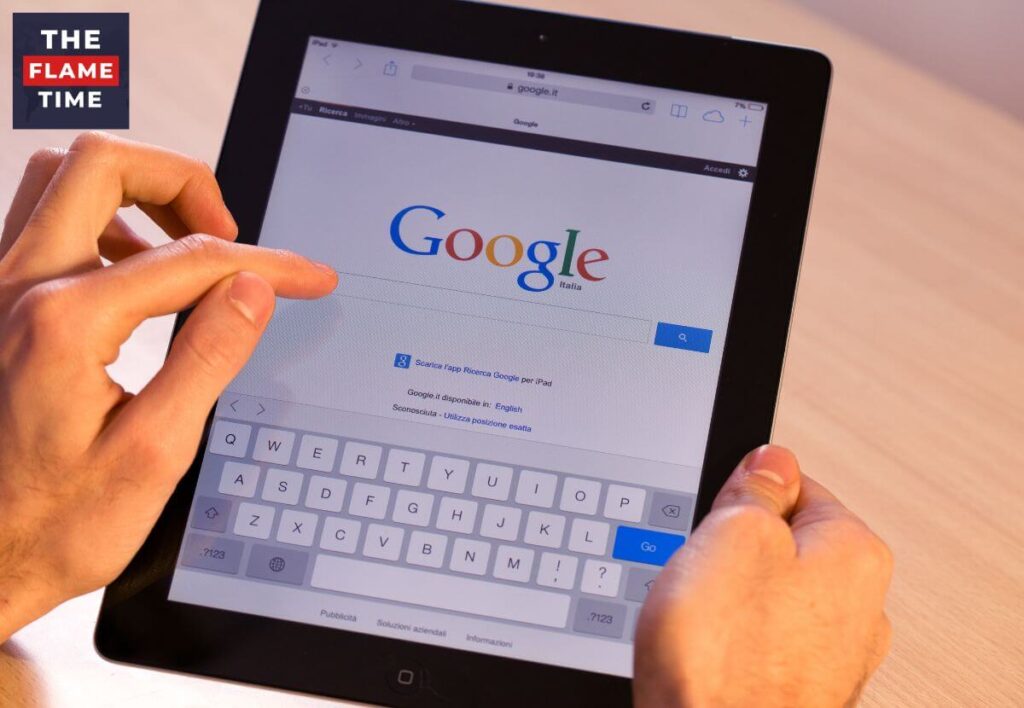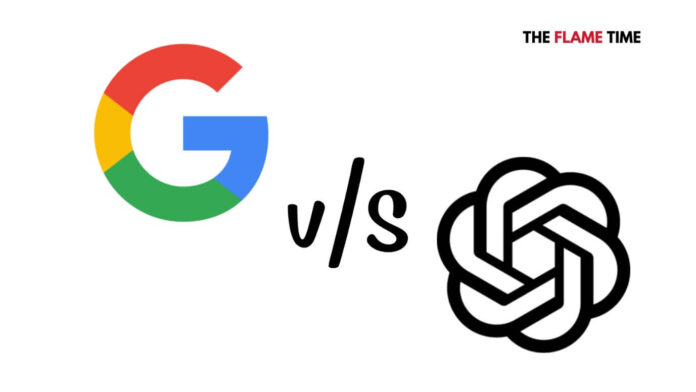Rivals ChatGPT, AI Search Tool In Battle With Microsoft: The trek of ChatGPT, a chatbot from Microsoft-backed OpenAI that could outrage how user search for information, has been one of the biggest challenges to Google in recent memory.
Google on February 6 uncovered an experimental conversation AI handling called Bard, as it races to catch up with the swiftly popular chatbot ChatGPT from the Microsoft-backed company OpenAI. The service will be in the beginning opened up to “trusted testers” before making it more largely available to the public in the coming weeks, Alphabet CEO Sundar Pichai says in a blog post.

During the company’s earnings conference call last week, Pichai had teased in advance the launch of this service, saying that users will be capable to use its language models “as a companion to search”.
This proclamation comes as the tech giant’s chief search business faces renewed rivalry from its Big Tech peer Microsoft which presently made a reported $10 billion investment in the upstart artificial intelligence (AI) research lab OpenAI and plans to connect artificial intelligence capabilities across its range of software products together with Google rival Bing.
Rivals ChatGPT, AI Search Tool In Battle With Microsoft
Alike to ChatGPT, Bard will provide detailed answers to user prompts such as “plan a friend’s birthday party”, “compare two best Oscar-nominated movies,” or “get lunch ideas based on what you have in your fridge”.
Where the service could have an edge is answering questions about nowadays events, since ChatGPT’s knowledge is currently banned to internet data until 2021. In the blog post, Pichai said Bard “draws on information from the web to endue fresh, high-quality responses”
“Bard can be an outlet for inspiration, and a launchpad for demand, helping you to decode new discoveries from NASA’s James Webb Space Telescope to a 9-year-old or learn more about the nailing strikers in football right now,” he said.
Read More:- Apple MacBook Pro with M2 Pro and M2 Max launch in India
Bard is operated by LaMDA (Language Model for Dialogue Applications), a large language model that was developed and revealed by Google in 2021. Pichai said they will be the beginning of releasing Bard on a “lightweight” version of LaMDA that would require much less computing power, enabling them to scale to more consumers and seek more feedback.
“We’ll connect external feedback with our own internal testing to monitor Bard’s responses to meet a high bar for quality, safety measured, and ground level in real-world information,” Pichai said.
Apart from the revelation of Bard, Google will also make free developers to build on top of their existing AI models. From next month, individual developers, creators, and enterprises can try their Generative Language API which will be preliminarily powered by LaMDA with other language models to follow.
With time, Pichai said the purpose is to create a collection of tools and APIs that will make it easy for others to build more “innovative” applications with AI.
Pichai as well stressed how they re-oriented the company around AI six years ago and have been using AI to elevate their search engine for several years.
This is because he said people are in detail looking for deeper insights and perceptions of complex topics on Google, which otherwise will take a lot of effort to calculate everything they need to know.
“People usually diverse want to search a various range of opinions or outlooks. AI can be useful in these moments, synthesizing insights for questions where there’s no one right answer” Pichai said.
He mentioned that people will soon look at AI-powered features in Google Search that distill complex information and multiple perspectives into easy-to-digest formats so that they soon understand the big picture and learn more from the web.
“Whether it’s applying AI to fundamentally transform our own products or making these powerful tools available to others, we’ll continue to be bold with innovation and responsibility in our perspective,” Pichai said.

